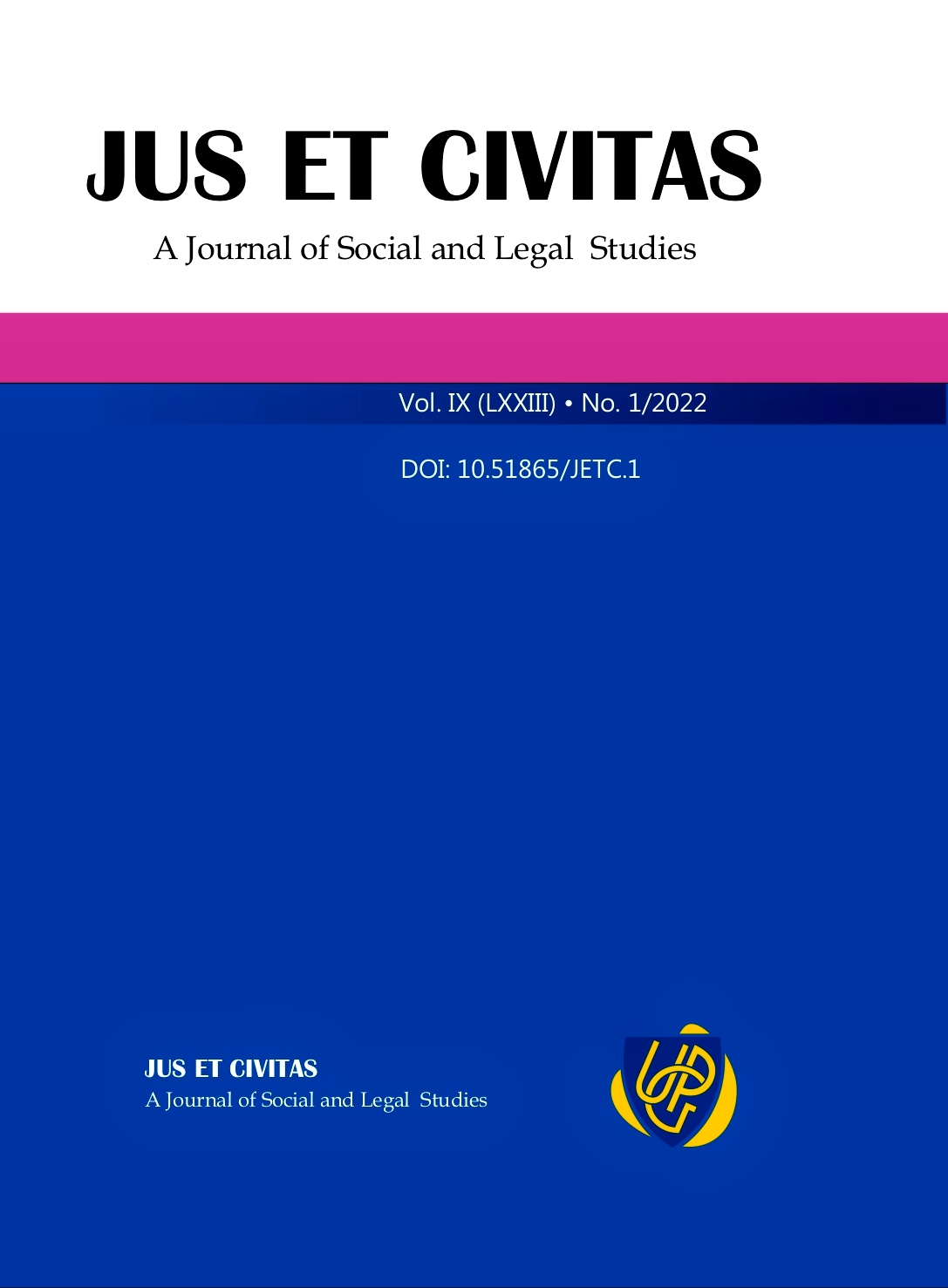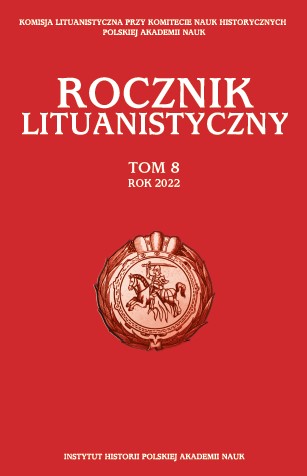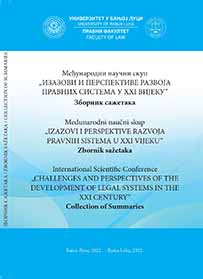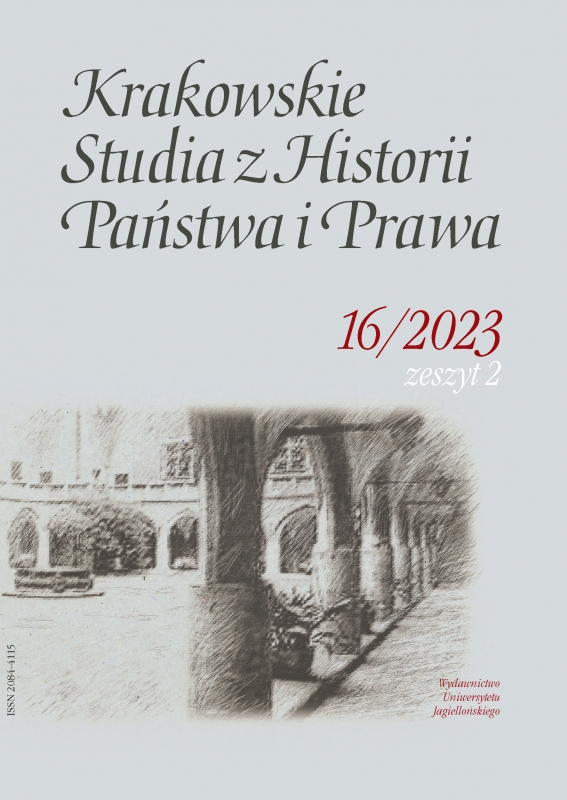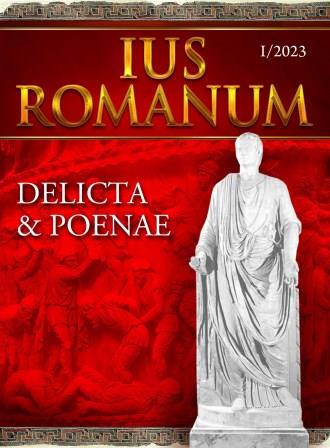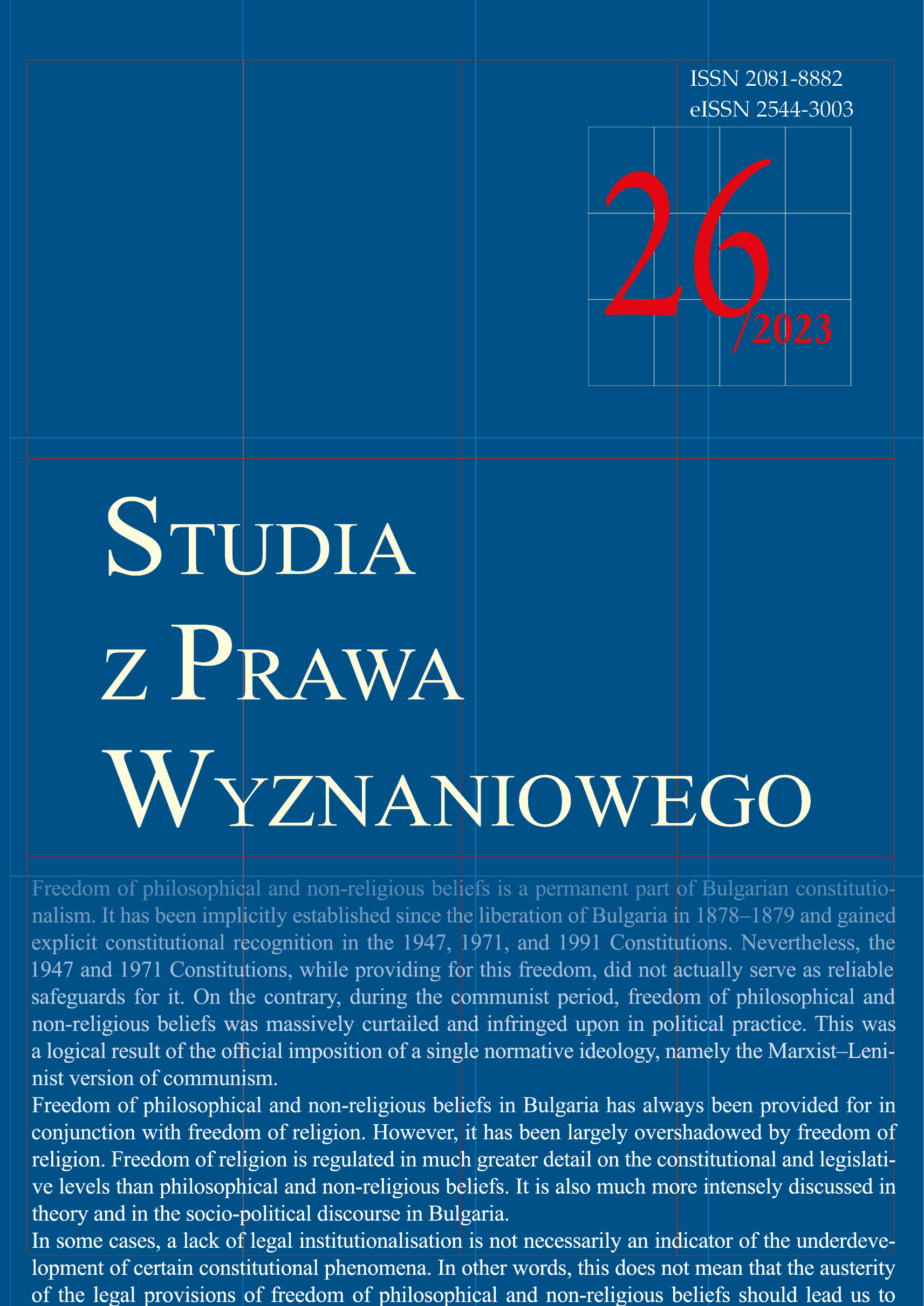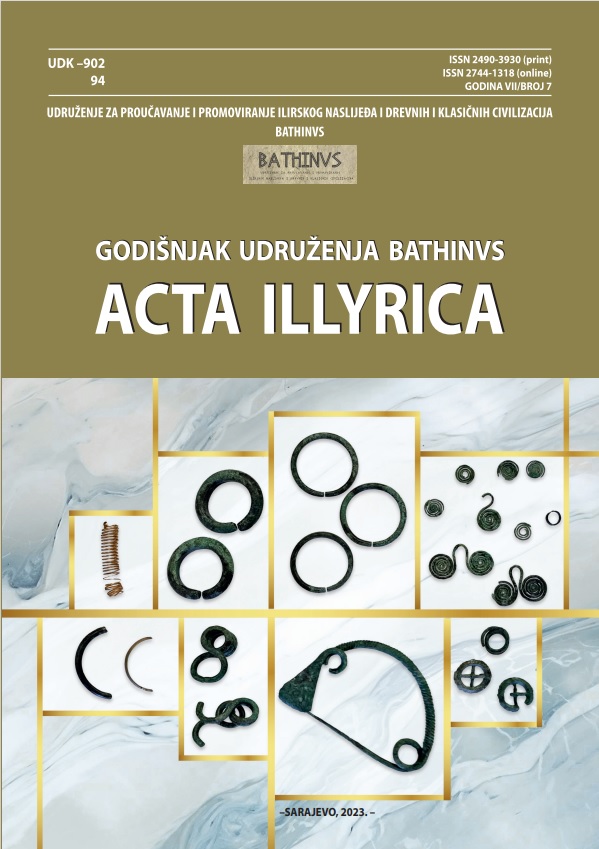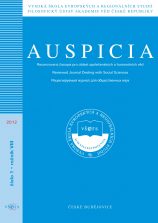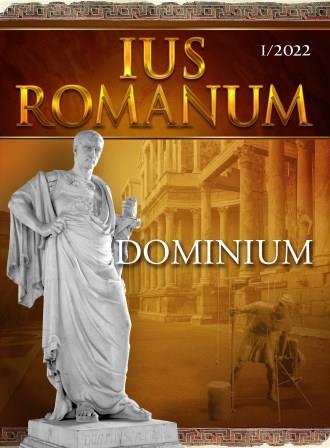
POSSESSIO МЕЖДУ CORPUS И ANIMUS
The term animus used by Roman jurists in the context of possessio does not denote a psychological element that must be added to the physical availability in order to have possession, but an integrative part of the possessory situation, which is needed in specific cases, particularly when the corpus, the material disposition, for one reason or another, is not completely feasible. Corpus and animus did not therefore indicate the structural elements of the possessio, but simply the parts of which the human being is made up, through which he can interact with things and have possession of them.
More...
